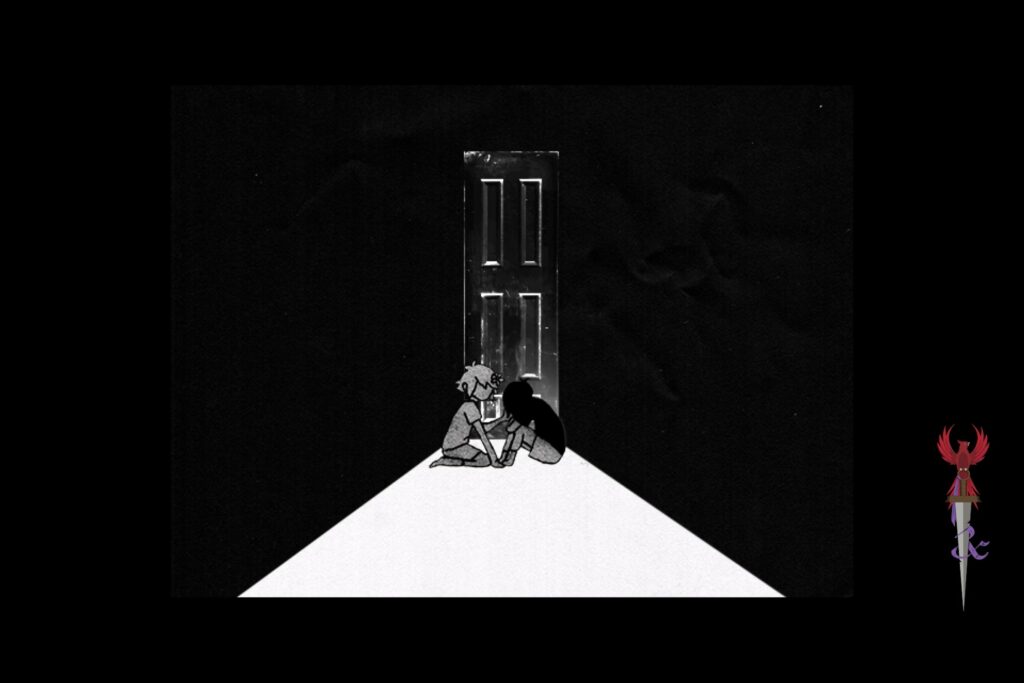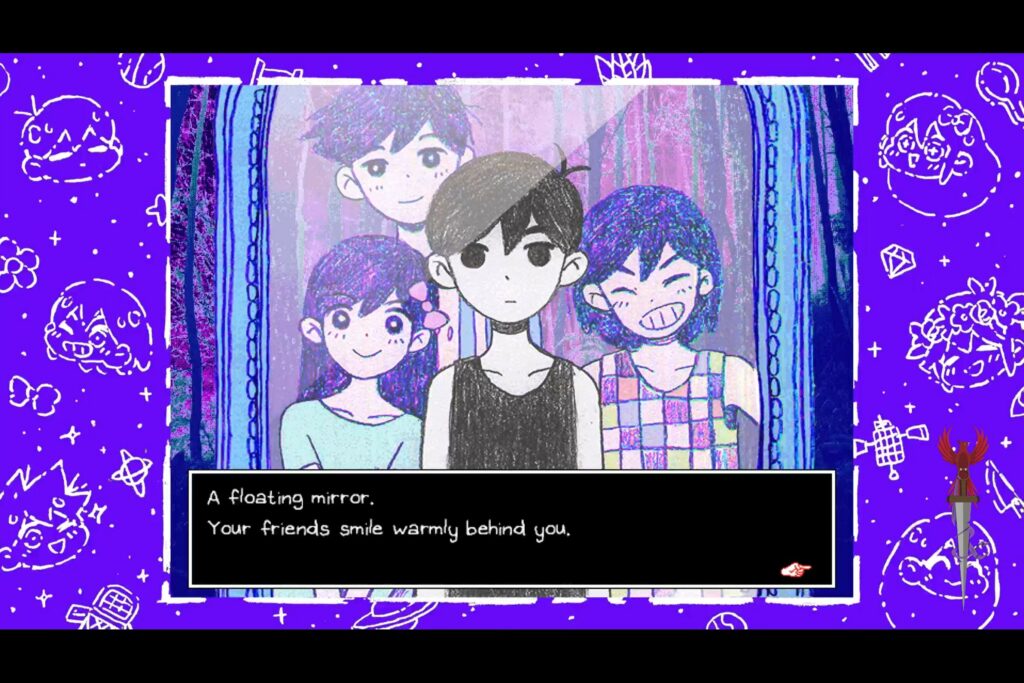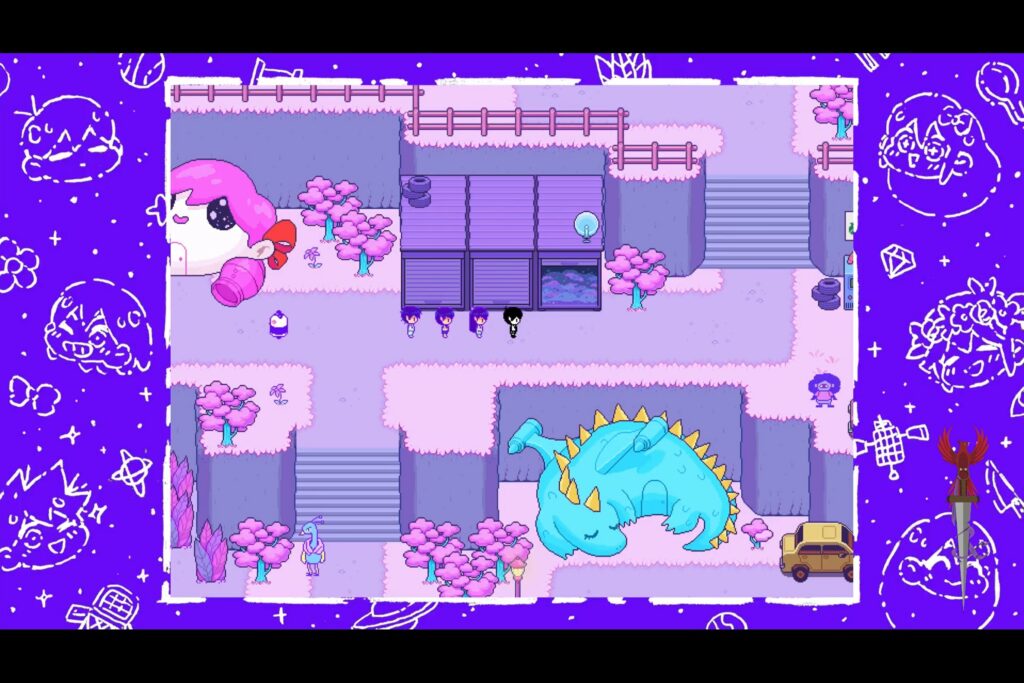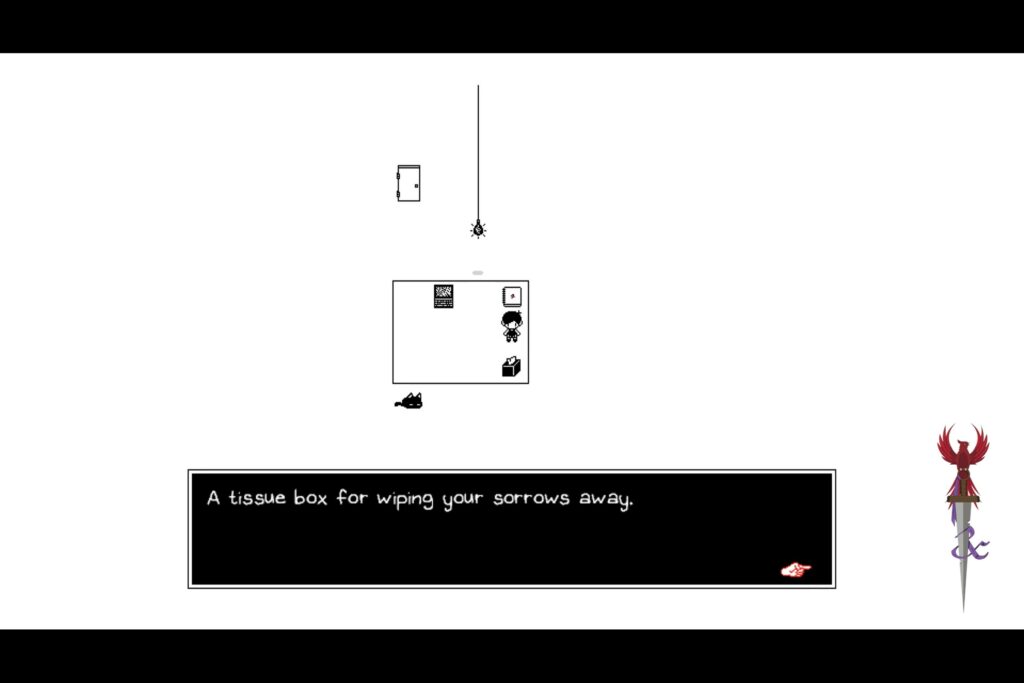Gaming
Omori [Video Game Review]
Omori will take you on a depressing, fathomless, and deeply disturbing journey that may likely leave you reflecting on your own life experiences and trauma responses.
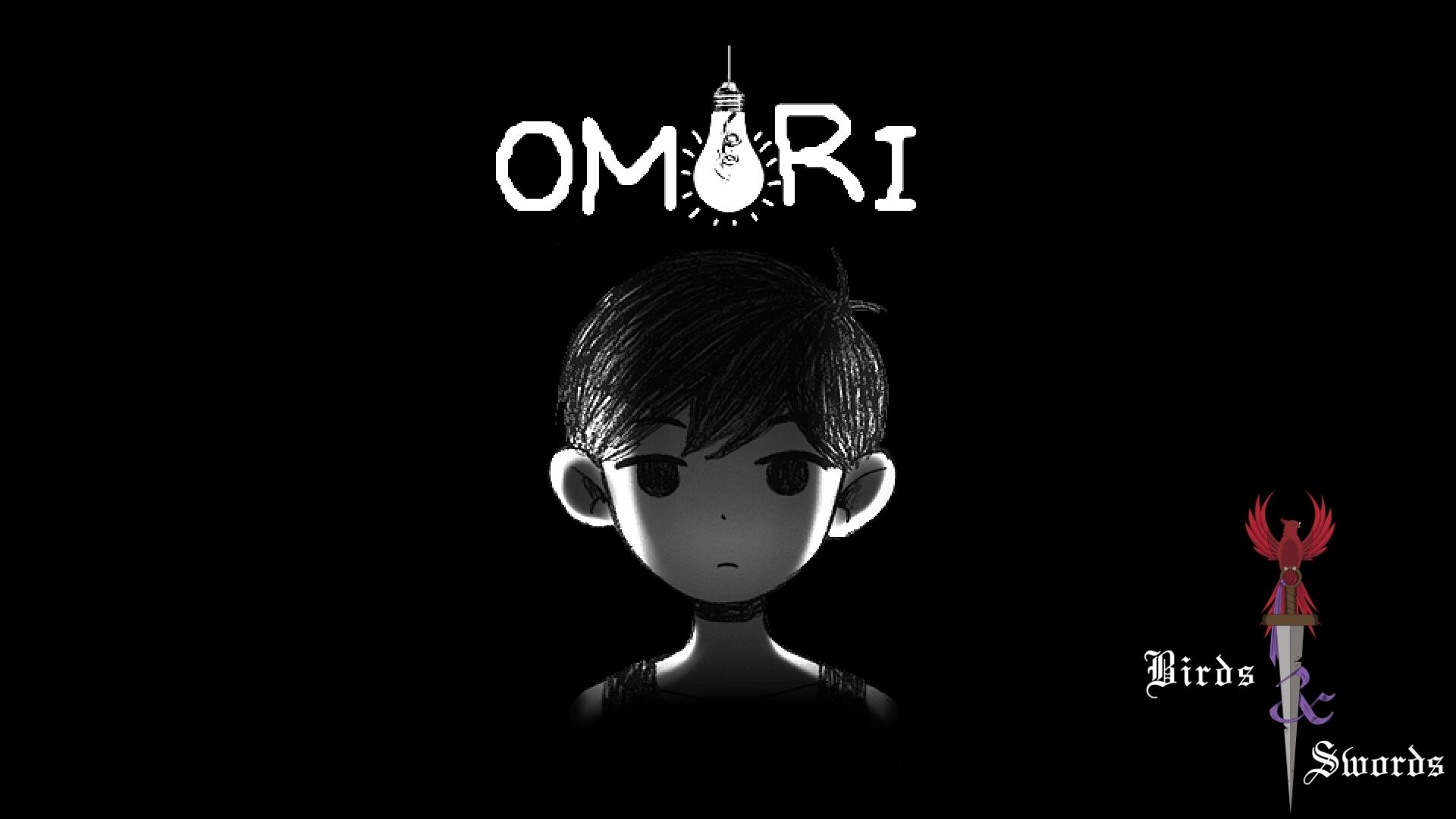
Omori is a turn-based, role-playing game by OMOCAT that transports you between a fantastical dreamcore world and a mundane, uneventful town while you traverse the experiences of trauma, loss and grief. You’ll play as Omori, a dispassionate, monochrome character in a fever dream-esque setting as he and his best friends explore whimsical and childlike scenarios, and his tangible counterpart who is preparing to move from his hometown in three days. This game will take you on a depressing, fathomless, and deeply disturbing journey that may likely leave you reflecting on your own life experiences and trauma responses.
Do not be fooled by the endearing 8-bit, brightly-coloured world of Omori. Within the dessert desert, epic space exploration and deep sea adventures are clues to a sorrowful past. Utilize emotions to sway battles in your favour as you peer deeper into the cognitive mind, perhaps further than you ever intended to see.
Gameplay: 9
Exploration in Omori is top-down, and the battles utilize traditional turn-based style gameplay in which players decide each of their 4-party characters’ moves during battle. Uniquely, rather than elemental attacks, there are emotions. Additionally, items, skills, follow-up moves and an ultimate attack are at the player’s disposal during each battle and can all inflict anger, sadness, or happiness on the party and opponents. Each emotion affects stats and can drastically sway an encounter and can reach a second tier that enhances the status effects even further. Omori allows characters to level up as the player progresses and is not an overly difficult game, allowing gamers of any level to enjoy. Those eager to know the ending and its dark secrets will clock in at about 20 hours of gameplay, while those intrigued by the fever dream world and its goofy side quests may enjoy up to 60 hours of time in the game.
Graphics: 10
Reminiscent of old-school Pokemon games, Omori is a top-down, 8-bit game that also utilizes sketchbook-style graphics in its cutscenes and battles. The colour pallet is excellent at reflecting not only the environment of the given level but also the emotional pull of each moment in the game. Players will find themselves engulfed in pastels and neons while in the childish dreamscape and drowning in blacks, grays and reds in the spooky night. At first glance, the game looks simplistically charming, but through exploration and furthering the plot, gamers will quickly realize that every detail of every scene was carefully thought out. The continuity between the imaginative world and the real one is, at the very least, extremely impressive, and gamers will find themselves anxious not to miss a single element of the game as they explore Omori.
Narrative: 10
Omori is one of the most depressing, sorrowful, and scarring games told through mostly silly, nostalgic, and quirky storytelling. Despite being classified as a horror game, the majority of the story is quite cute, which somehow adds more layers to the horrors that are uncovered. Players will find themselves desperate to know more as they follow the story of a boy who forgot something profoundly traumatic about his past. Being one of the most coherent portrayals of mental illness, PTSD and trauma, every moment of Omori beyond the game’s prologue will tug at the heart in one way or another.
It is best to approach the game with as little knowledge of the plot as possible, as there are twists and turns around every corner; each time it feels like the puzzle has been put together, there will be more bloody, heartbreaking pieces to put in place. This game deeply explores the human mind’s abilities, or lack thereof, to cope with the unthinkable and irreversible circumstances in life. Omori will hold a mirror to the player’s face and ask, “Can you ever forgive yourself? Are you strong enough to move on?”
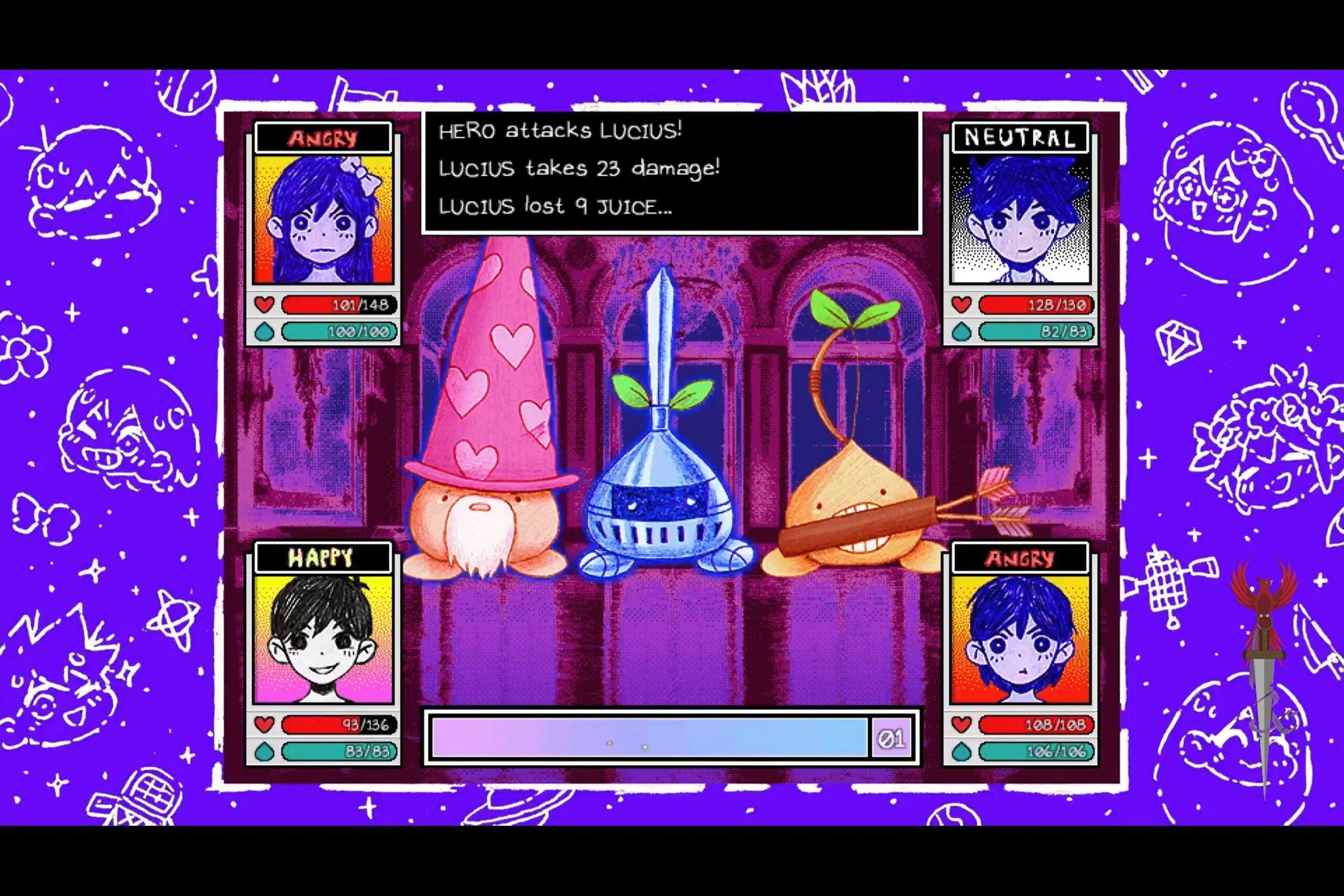
Soundtrack: 9
Omori is packed full of endless music that ties characters to deep feelings of nostalgia, love, loss, desperation, helplessness, fear, and so much more. The piano plays a large role in the telling of the main story, and alterations of previously heard tracks can be heard as the plot furthers to help imply the shifting understanding of the story. Chiptune is strategically utilized for boss fights, and levels with happier undertones and players may even find themselves humming along to some of the tunes! From catchy, cheerful 8-bit retro music to slow, emotional piano masterpieces, Omori’s soundtrack will be remembered with deep heartache.
Value/Replay-ability: 7
Though this game offers multiple endings, non-achievement hunters may find themselves looking up the alternate conclusions rather than playing through the entire story for a second or third time. Omori offers no new game plus experience or really any advantages to playing through again. Frustration may also arise as players come to the irreversible conclusion that Omori offers no way of letting the player know when there is a “point of no return.”
The plot slowly chugs along for the first half of the game, but once it begins to pick up, excitement to know the next menacing part of the story may lead players to unknowingly miss side stories before launching into the final, most exciting parts of the game. Fast-paced gamers may have difficulty maintaining interest in Omori, particularly during the first half, and at times the lulls between the main plot points seem to drag on. Therefore, while the initial playthrough of the game may very well change the player’s very outlook on life, the second playthrough is unlikely to offer up any new experiences other than varying endings.
Overall: 9
A game that will nestle its way into the hearts of most of its players as one of the most memorable 8-bit games. Omori’s tragic story of childhood innocence abruptly tainted by a traumatic experience is told through surreal juxtaposing worlds of top-down exploration, sketchbook coloured pencil graphics, strategic, yet not overly complicated, turn-based battles, and offers an impressive singular playthrough for gamers.

Birds & Swords Logo
Birds & Swords is your all-inclusive video game podcast out of Milwaukee, WI. Join us for insight and opinions around gaming, game reviews, and exclusive interviews. We love games, and we know you do, too, so let’s talk about it!
Follow Birds & Swords on YouTube, Instagram, Twitter, Tiktok, and Twitch.
-

 Music5 days ago
Music5 days agoTake That (w/ Olly Murs) Kick Off Four-Night Leeds Stint with Hit-Laden Spectacular [Photos]
-

 Alternative/Rock6 days ago
Alternative/Rock6 days agoThe V13 Fix #010 w/ High on Fire, NOFX, My Dying Bride and more
-

 Hardcore/Punk2 weeks ago
Hardcore/Punk2 weeks agoHastings Beat Punks Kid Kapichi Vent Their Frustrations at Leeds Beckett University [Photos]
-

 Alternative/Rock2 weeks ago
Alternative/Rock2 weeks agoA Rejuvenated Dream State are ‘Still Dreaming’ as They Bounce Into Manchester YES [Photos]
-

 Features5 days ago
Features5 days agoTour Diary: Gen & The Degenerates Party Their Way Across America
-

 Culture1 week ago
Culture1 week agoDan Carter & George Miller Chat Foodinati Live, Heavy Metal Charities and Pre-Gig Meals
-

 Music7 days ago
Music7 days agoReclusive Producer Stumbleine Premieres Beat-Driven New Single “Cinderhaze”
-

 Alternative/Rock1 week ago
Alternative/Rock1 week agoThree Lefts and a Right Premiere Their Guitar-Driven Single “Lovulator”

